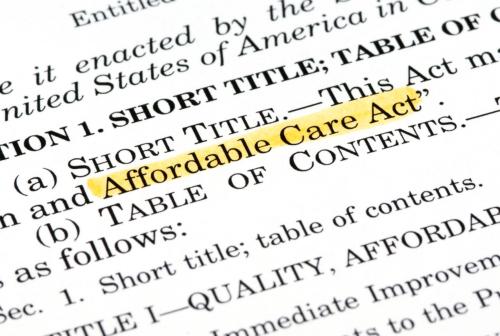There’s a heated and continuing debate over the recent slowing in the pace of health care spending growth: Is it a lasting change? Or a temporary one? This paper by Louise Sheiner argues that it appears likely to be temporary. It explains the slowdown in health spending growth observed since 2002 as largely the result of two recessions that occurred in the last decade, rather than representing innovation in health-care delivery or a surge in efficiency.
Changes in economic conditions translate into changes in health spending, not immediately, but over a number of years. Consumers may cut back on elective procedures when the economy sours, but employers and insurers react more slowly and it takes time for insurance coverage to affect consumer and provider behavior. Sheiner finds evidence of this gradual response in both national and state-level data.

While national health spending does appear to move with Gross Domestic Product, the pieces of spending—Medicare, Medicaid, and privately-financed health care—do not move together. The dramatic deceleration in Medicare spending observed over the past decade, for example, cannot be explained econometrically by either economic factors or changes in the level of Medicare payments.
Sheiner notes that the recent slowdown in health spending occurred during a decade of very slow economic growth, a major health reform that was accompanied by much confusion and fear, and a huge run-up in budget deficits that intensified attention on the need for future spending cuts. Given these unusual times, Sheiner argues that it is premature to either declare a turning point in health spending growth or to decide that nothing has changed. There remains much uncertainty about the likely trajectory of future health spending.





